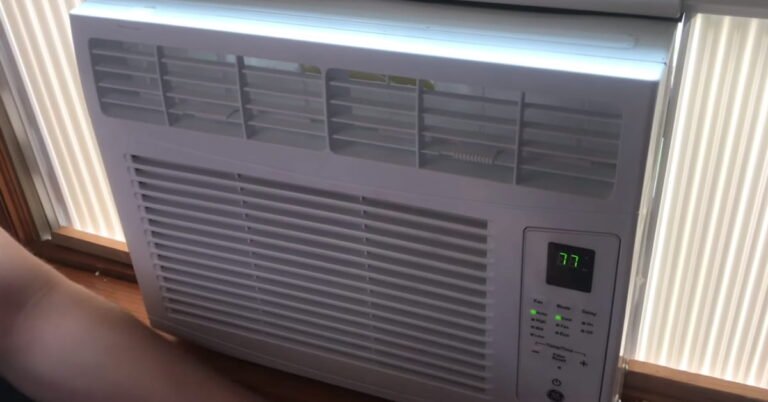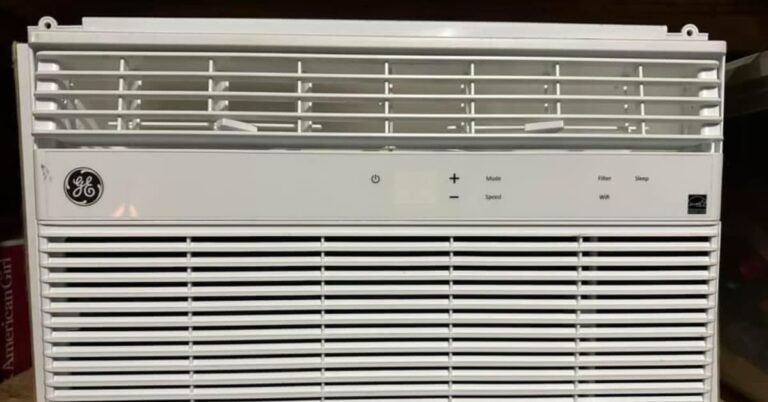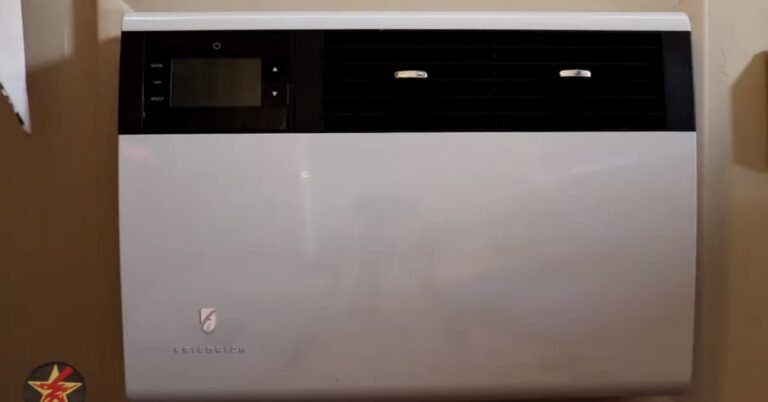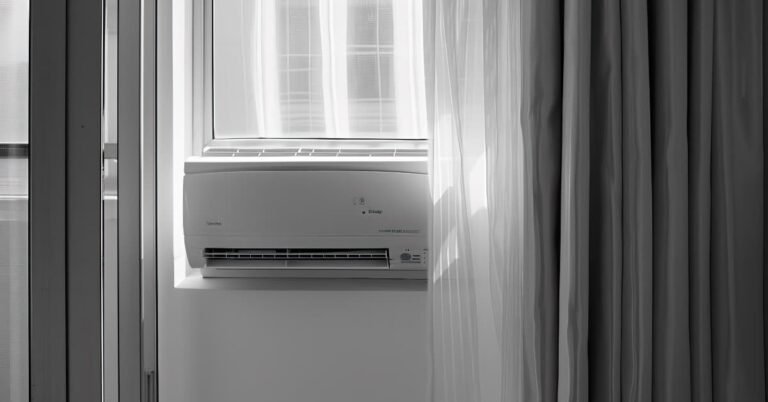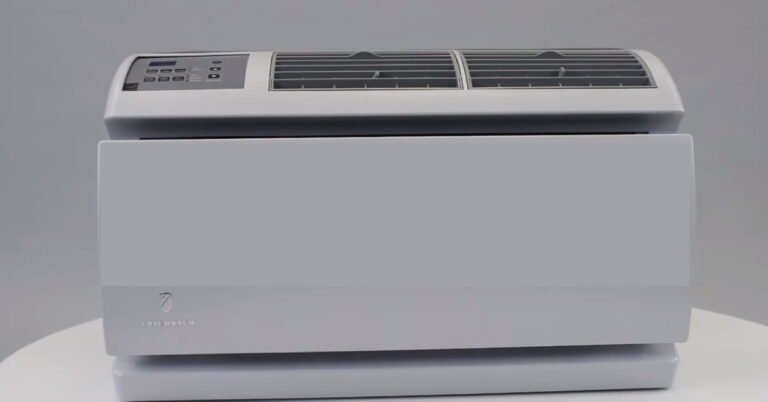Why Does My Air Conditioner Compressor Stop Running?
Your air conditioner compressor may stop running due to overheating or Dirty Or Blocked Condenser Coils. Fix it by checking the capacitor, cleaning the unit, and ensuring proper airflow.
Understanding common causes behind compressor stoppage is crucial for a timely and cost-effective solution. Compressors can still fail due to dirty coils, blocked air filters, or failing capacitors, despite regular maintenance.
You need to resolve these issues quickly to restore your cooling system’s efficiency. Troubleshooting steps may resolve minor problems, but professional assistance is needed for complex issues. You’ll save time and money if you maintain your air conditioner well.
Common Reasons For Air Conditioner Compressor Stoppage
Air conditioners work hard to keep you cool, but sometimes the compressor stops working. Let’s look at why your AC compressors stop and how to fix them.
1. Electrical Issues
Electrical problems can cause your compressor to stop. Signs include buzzing sounds or no noise at all. Check your breaker box and look for loose wires.
Always be safe and call a professional if you’re unsure!
2. Refrigerant Problems
Low refrigerant makes your AC work too hard. It can cause overheating and stop the compressor. A professional can find leaks, fix them, and refill your AC.
3. Thermostat Malfunction
A bad thermostat might not tell your AC to cool. Check if it’s on and set right. If it’s off or wrong, reset it or get a new one.
4. Dirty Or Blocked Condenser Coils
When condenser coils get dirty, the heat can’t escape. Your compressor works harder and might stop. You can easily Clean the coils gently with a brush or call a pro for help.

Signs Of A Compressor Shutdown
Compressors in air conditioners sometimes stop working. Knowing the signs of a compressor shutdown can help you spot trouble early. Quick fixes can save your AC from a big repair bill.
Warm Air Coming From Vents
If your AC cool air turns warm, it’s a clear sign that your compressor might have failed.
You should first check the thermostat to make sure it is set to cool. If there are no issues, you should take a closer look at your compressor. It could be overheating or facing other problems.
Loud Or Unusual Noises
Your compressor may be struggling if it makes strange sounds. Listen for banging, clanking, or hissing in your AC unit. These sounds can indicate loose parts or leaks.
Don’t ignore them. A quick check can prevent bigger problems in the future.
Tripped Circuit Breaker
A tripped breaker often links to your compressor drawing too much power. If the compressor is overworking or has an electrical problem, this can happen.
You should reset the breaker once, and if it trips again, you should call a professional. They’ll find the root of the problem and get your AC running smoothly.
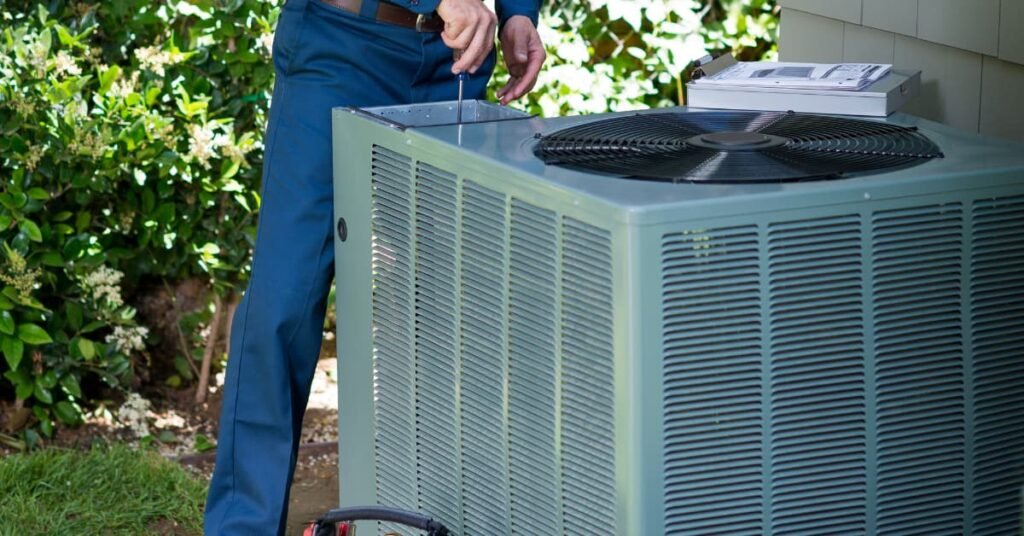
Troubleshooting Air Conditioner Compressor Stop Running
AC Cool air depends on a compressor. Is your air conditioner’s compressor suddenly stopping? The result can be a very hot situation for you! There is usually something you can fix at home, so don’t worry.
You can troubleshoot your AC compressor by following these steps:
Step 1: Check For Power Supply Issues
First, make sure your AC has power. A tripped circuit breaker or a blown fuse can cut power to the compressor. Check your home’s electrical panel. Look for flipped switches or burnt-out fuses.
Flip them back on or replace fuses if needed. Loose wires can also cause trouble. Secure all connections tightly. This might just get your compressor running again.
Step2: Inspect And Recharge Refrigerant Levels
Compressors need the right amount of refrigerant to function properly. The compressor will have to work harder if there is not enough refrigerant, which will cause it to stop.
Your AC refrigerant levels can be checked by a professional. They use gauges to see if it’s low. If it is, they will fill it up to the right level.
Remember, only a certified pro should handle refrigerants. It’s tricky and needs special care.
Step3: Calibrate Or Replace The Thermostat
The thermostat controls how much cool air the AC makes. When it’s not set right, the compressor won’t know when to run. Make sure it’s working properly and on the right setting.
Batteries might need to be replaced sometimes. Don’t place it in direct sunlight and make sure it’s level.
If it’s still not working, you might need a new one. A new thermostat can talk to your compressor the right way.
Step 4: Clean Or Unblock Condenser Coils
The coils in your AC help get heat out of your home. Dirty or blocked coils can’t do that well. This makes the compressor overheat and stop.
Make sure the power is off and take a look. To remove dirt, use a gentle brush. It is important not to bend the coils when you are doing this.
If plants or other things are too close, move them away. This gives your coils space to do their job.
AC Regular Maintenance Tips Quick Table
Keep your air conditioner running smoothly and efficiently with regular maintenance. Follow these simple maintenance tips to keep your AC unit in top condition, providing cool and comfortable air when you need it.
Check out the quick table below for some easy AC maintenance tips:
| Tip | Description |
| Clean or Replace Air Filters | Regularly clean or replace your air filters to maintain airflow and indoor air quality. |
| Check and Clean Coils | Inspect and clean the evaporator and condenser coils to prevent efficiency loss. |
| Inspect and Clear Drainage | Ensure that the condensate drain is clear to prevent water damage and mold growth. |
| Inspect and Tighten Electrical Connections | Check electrical connections to prevent system failure and ensure safe operation. |
| Adjust Thermostat Settings | Optimize your thermostat settings for energy savings and comfort. |
Following these AC regular maintenance tips can help extend the lifespan of your air conditioning system and save you from costly repairs.
Conclusion
Understanding the reasons behind your air conditioner compressor’s failures is key to maintaining a cool, comfortable home. Quick interventions can prevent costly repairs. Remember, routine maintenance is your best defense against unexpected breakdowns. Should issues arise, consult a professional for a reliable fix.
Stay cool and proactive with your AC upkeep!


